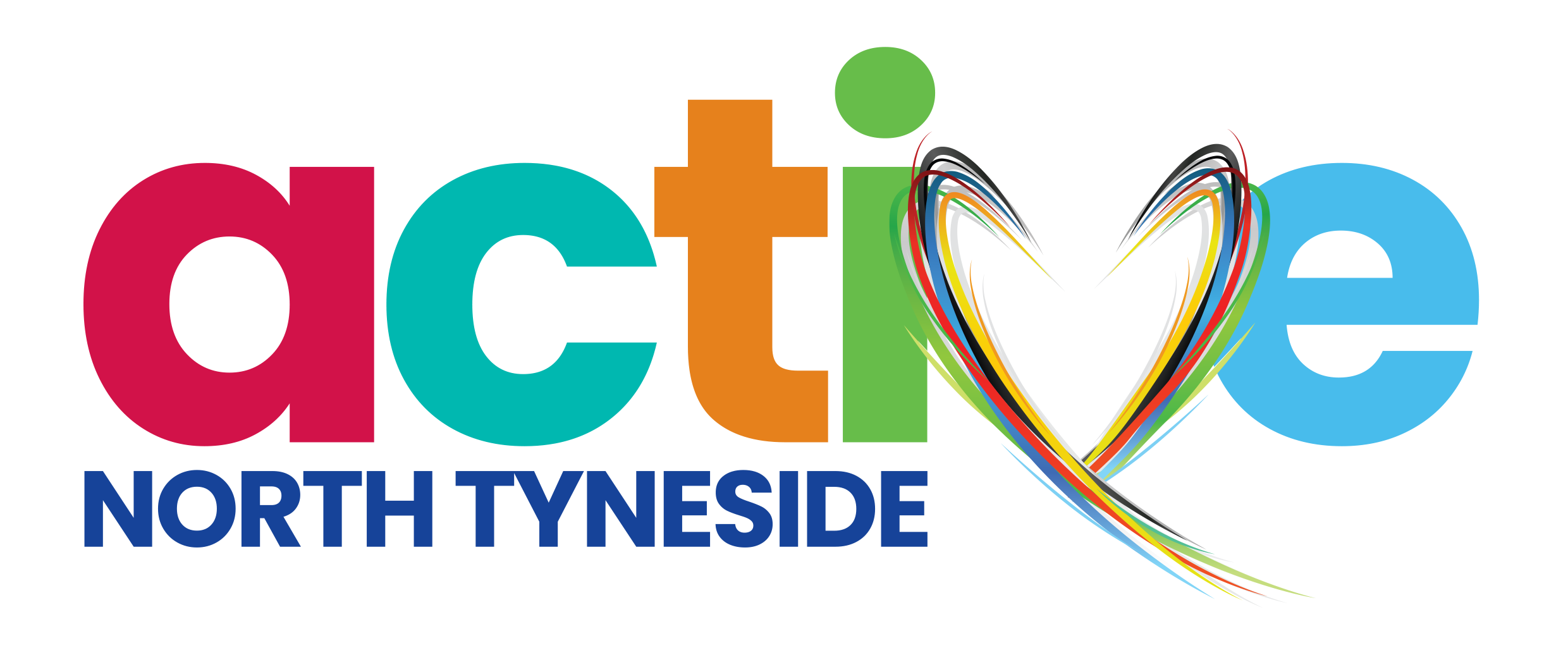Fat
You need a small amount of fat in your diet, preferably unsaturated (‘good’) fat which helps your body to absorb vitamins and stay healthy. Eating too much fat can make you more likely to gain weight which can increase your risk of heart disease and Type 2 diabetes. A word of caution though, healthy and less healthy fats provide the same amount of energy (calories).
Saturated fat
Mainly found in animal products, for example meat and meat products, milk, cheese, butter, pies, pastries, biscuits and cakes. Having a lot of saturated fat may be linked with raised levels of LDL (bad) cholesterol.
Unsaturated fats: polyunsaturated
This type of fat can help to lower bad cholesterol levels. Polyunsaturated fats are found in rapeseed oil, sunflower oil, corn oil and in oily fish.
Unsaturated fats: monounsaturated fat
These fats help to protect our hearts by maintaining levels of good cholesterol and reducing levels of bad cholesterol. It is found in olive oil, avocados and some nuts e.g. almonds, peanuts.
Dietary cholesterol
Although some foods like egg yolks naturally contain cholesterol they don’t make a big difference to the amount of cholesterol in our blood. The amount of saturated fat we eat has more of an impact. It’s more important to cut down on those foods because saturated fats affect how the liver handles cholesterol.
Top tips for reducing fat intake
Some simple and practical tips on how you can cut the amount of fat your family eats, especially saturated fat (‘bad’ fat):
Choose lean cuts of meat and cut off any visible fat
Grill, bake, poach or steam - rather than frying or roasting
When you’re choosing a food product, compare the labels so you can pick those with less total and less saturated fat
Bulk out casseroles and stews with extra vegetables, beans or lentils instead of lots of red meat
Measure oil when you’re cooking with a teaspoon, rather than pouring it straight from a container
Try to avoid using too much butter or spread in sandwiches; when you do use a spread, go for a reduced fat variety
Choose lower fat versions of dairy foods whenever you can e.g. semi-skimmed or skimmed milk, reduced fat yoghurt, lower fat cheeses or very strong-tasting cheese so you don’t need to use as much
Instead of cream or sour cream, try using low fat yoghurt or low fat fromage frais in recipes
Limit how many sausages, burgers, pies and sausage rolls you have, these are high in fat
Skim the fat off gravy and stocks
Have lower fat dressings and salad cream in small amounts
Go for boiled, mashed, or baked potato without added fat rather than chips and roast potatoes – or make your own healthy wedges
Avoid sauces that are based on cream – go for something tomato based
If you are buying crisps, look for those with 100kcal per packet or less
Just be careful – if a product says it is low fat it only needs to be 30% less fat than the standard product, for example low fat mayonnaise is still a high fat food, it’s just not as high as the standard one


